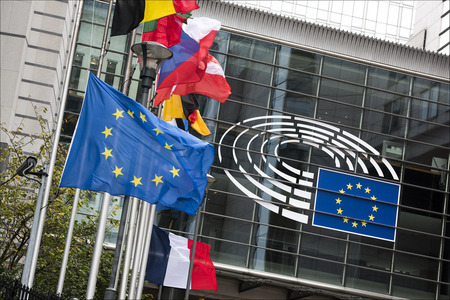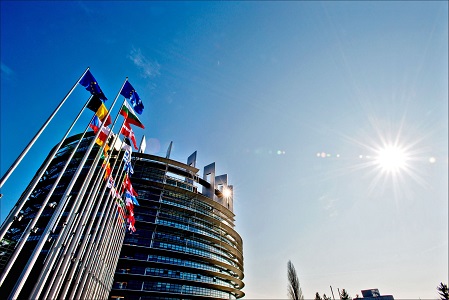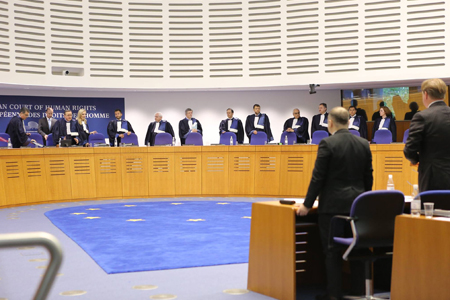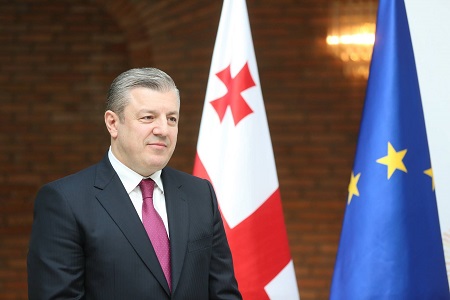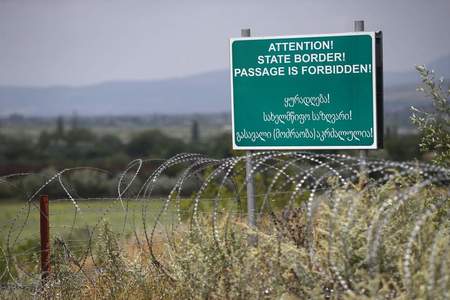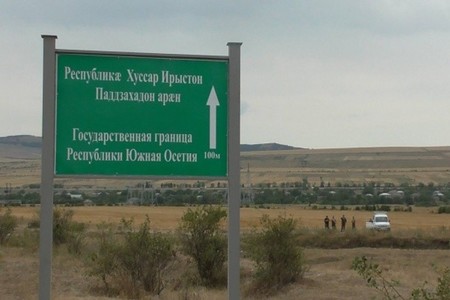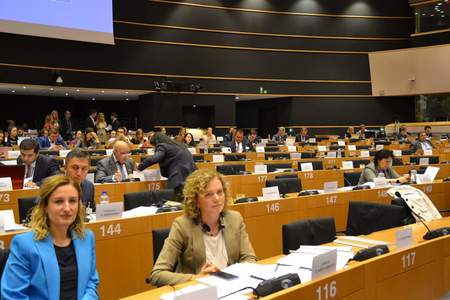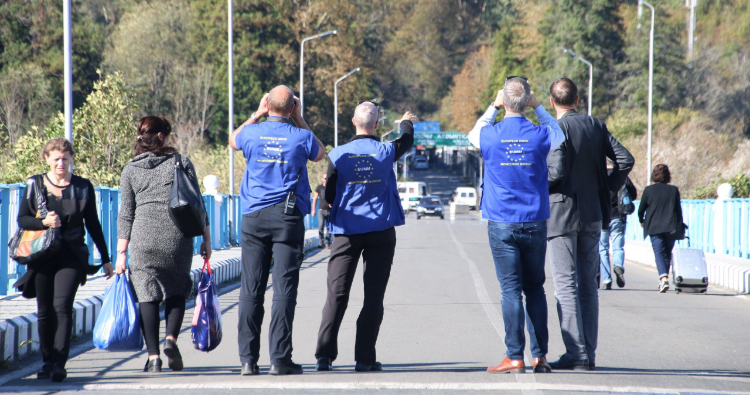European Parliament adopts resolution in support of Georgia
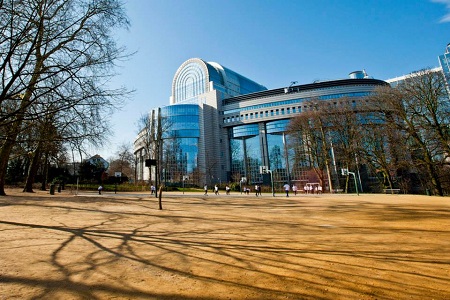
The European Parliament today adopted a resolution supporting Georgia’s territorial integrity and condemning Russia’s occupation of historic territories of Georgia.
The resolution text, approved 10 years after the Russian invasion, reads that:
- The EU strongly supports the sovereignty and territorial integrity of Georgia within its internationally recognised borders.
- The Russian Federation still continues its illegal occupation of the Georgian territories of Abkhazia and Tskhinvali Region/South Ossetia, undermining international law and the rules-based international system.
- The so-called integration and alliance treaties signed between Russia and Abkhazia and South Ossetia in 2014 and 2015 were clear violations of international law, OSCE principles and Russia’s international commitments.
- The European Union does not recognise the framework of the so-called elections and a referendum held by Russia-backed separatists in the Georgian regions of Abkhazia and South Ossetia in 2016 and 2017.
- The EU remains firmly committed to a peaceful resolution of the Russia-Georgia conflict in full compliance with the fundamental norms and principles of international law.
- Russia constantly reinforces its illegal military presence in Georgia’s occupied territories by constructing new bases, bringing in new troops and equipment, and conducting military exercises.
- Russia continues to be in breach of its international obligations and refuses to fully implement the EU-mediated ceasefire agreement of 12 August 2008.
- Russia continues to isolate Abkhazia and Tskhinvali Region/South Ossetia from the rest of the country by closing additional crossing points, putting in place physical barriers along the administrative boundary line (ABL) and conducting a campaign aimed at eradicating Georgian culture.
- This line is slowly but steadily being moved deeper into Tbilisi-controlled territory in a process known as a ‘borderisation’, in some places coming very close to critical infrastructure such as motorways and gas pipelines.
- Hundreds of thousands of internally displaced persons and refugees forcibly expelled from the Georgian territories of Abkhazia and Tskhinvali Region/South Ossetia as a result of several waves of ethnic cleansing continue to be deprived of their fundamental right to a safe and dignified return to their homes.
- Basic human rights, including freedom of movement and residence, the right to property and the right of access to education in the native language, are being violated in the occupied regions of Georgia.
- Illegal detentions and kidnappings continue to take place.
- The Russian Federation, as a power exercising effective control over the Georgian territories of Abkhazia and Tskhinvali Region/South Ossetia, bears full responsibility for severe violations of human rights and for the humanitarian situation on the ground.
- The 2008 invasion was Russia’s first major open attack on the European order; whereas it was later followed by others, including the annexation of Crimea and the war in Eastern Ukraine.
- The Georgian internally displaced persons Archil Tatunashvili, Giga Otkhozoria and Davit Basharuli were illegally deprived of their lives as a result of brutal actions by the occupying Russian regimes in Sokhumi and Tskhinvali.
- The International Criminal Court (ICC) has opened an investigation into war crimes and crimes against humanity allegedly committed in the conflict.
- A joint ad-hoc visit to Georgia on 12 August 2008 of Central and Eastern European leaders – Lech Kaczynski, President of Poland, Toomas Hendrik Ilves, President of Estonia, Valdas Adamkus, President of Lithuania, Ivars Godmanis, Prime Minister of Latvia and Viktor Yushchenko, President of Ukraine – is widely seen as a major factor that stopped the Russian advance towards Tbilisi when troops were only 50 km from the Georgian capital, and facilitated the brokering of the ceasefire by the French presidency of the Council of the EU.
- The Russian Federation continues to deny the EUMM access to the Georgian territories of Abkhazia and Tskhinvali Region/South Ossetia in violation of the EUmediated ceasefire agreement of 12 August 2008, thus hampering the mission’s ability to fully implement its mandate.
The resolution says that the continuing occupation of Georgian territories remain a potential threat to the sovereignty of other European countries.
The resolution demands that the Russian Federation cease its occupation of the Georgian territories and fully respect the sovereignty and territorial integrity of Georgia.
The resolution welcomed the new peace initiative of the Government of Georgia entitled ‘A Step to a Better Future’, aimed at improving the humanitarian and socio-economic conditions of people residing in the Georgian territories of Abkhazia and Tskhinvali.
See the full text of the resolution here.
 Tweet
Tweet  Share
Share
